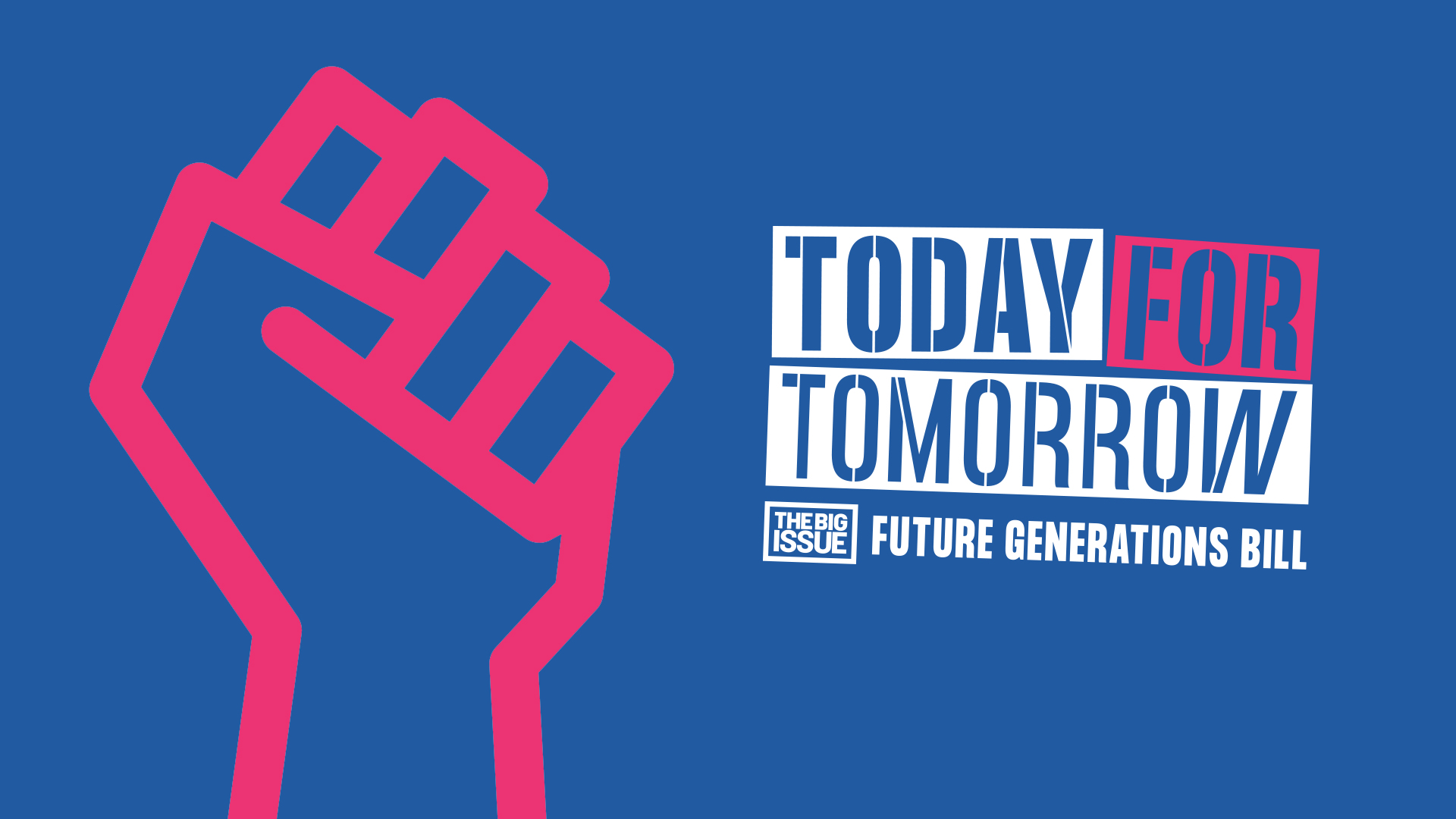It’s not clear when things really start. For a couple of weeks the election campaign has been restive, just scuffing around the edges trying to find itself. There have been no big moments, no manifesto promises. Rather, we’ve had suggestions and hints and tweets about potential policy, and leaders unsure how to deal with the public, trotting out confused and confusing messages.
Boris Johnson, the great communicator, has been unable to communicate, either with children– who can’t sing The Wheels On The Bus?! –or when a woman in Yorkshire took him to task over the response to the devastating flooding. He’s happier, it seems, in a weird campaign video claiming he loves The Clash and hammering on about oven-ready things going in a microwave. The Clash have yet to respond.
It also feels that Jeremy Corbyn is still struggling for grip. His ever-moving position on a second Scottish referendum, and the fact that he can’t really shift personal approval ratings despite the huge open goal of being able to hold the failures of nearly 10 years of an austerity programme against the incumbent, illustrate nothing is coalescing.
Farage keeps mooching around boxing gyms, presumably to reinforce some kind of subliminal message about being a hard hitter. In reality, it simply serves to make us look at him and think, why is that man in a suit wearing boxing gloves which he clearly has no idea how to use? The Lib Dems, I suppose, are somewhat consistent, though the changing shape of the remain alliance is a little confusing. The SNP are biding time. And Sturgeon, at least, feels like a leader.
Think how much more successful things would be if future planning was hard-baked into policy at an early stage
The ongoing desire by us all to find a centre of gravity in this diverts attention from some startling facts. In the last week we learned that the Westminster government had built exactly ZERO of the 200,000 starter homes pledged in 2015. Then, NHS England revealed the worst-EVER hospital waiting times. EVER. And we haven’t hit deep winter yet, when admissions traditionally lift.
In the midst of it, things spin upside down. Last Monday I was in Glasgow Central Station at 11am as everything stopped for the two-minute silence for Remembrance Day. It was simple and still and moving. There was a sense of honest emotion. When I got back to the office, a news channel was playing out an interview in which Labour’s Emily Thornberry was being pressed hard to commit Corbyn to pushing the nuclear button. Because, on Remembrance Day, full of words and well-meaning soundbites about the horror of war, that’s the new message everybody wants. The rootlessness of the entire campaign, the lack of coherency and deep thought, and was summed up in that episode.









